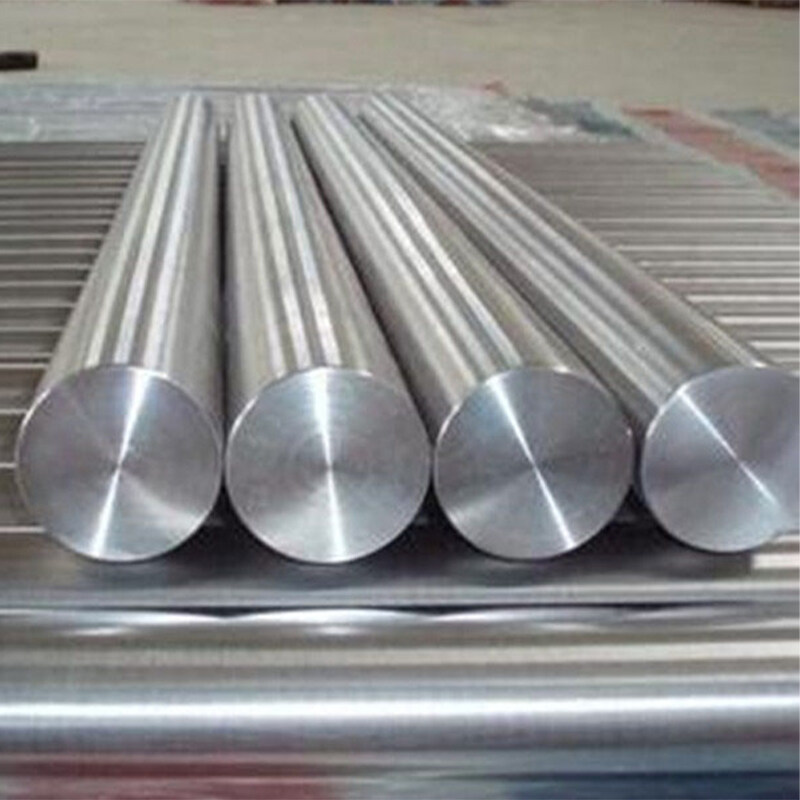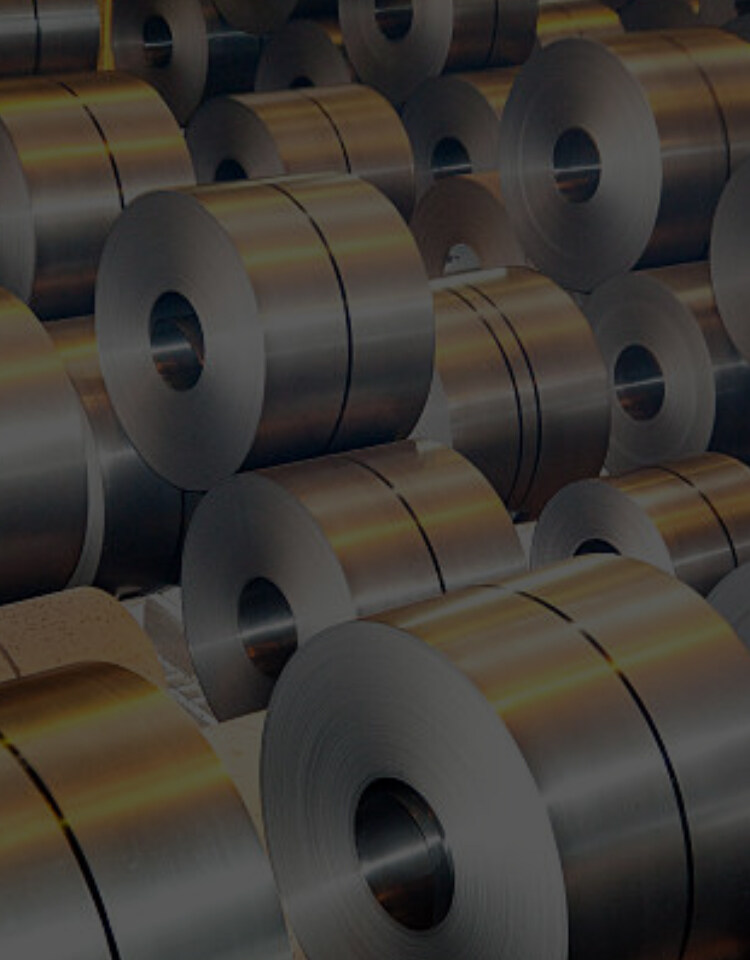Email format error
Email cannot be empty
Email already exists
6-20 characters(letters plus numbers only)
The password is inconsistent
Email format error
Email cannot be empty
Email does not exist
6-20 characters(letters plus numbers only)
The password is inconsistent

News

OEM 201 stainless steel coil strip
The 201 stainless steel coil strip is a lower-cost alternative to traditional chromium-nickel austenitic stainless steels such as 304. Below is an overview of its characteristics and applications:
Overview of 201 Stainless Steel Coil Strip
- Composition: Type 201 stainless steel is an austenitic chromium-nickel-manganese stainless steel. It's known for its high manganese content, typically around 5.5-7.5%, and lower nickel content at 3.5-5.5%. It also contains amounts of chromium, nitrogen, and carbon.
Properties and Characteristics
- Corrosion Resistance: While it offers moderate resistance to corrosion, it's less resistant compared to 304 or 316 grades, especially in chloride environments.
- Magnetic Properties: In its annealed state, 201 stainless steel is non-magnetic but can become magnetic after cold working.
- Strength: It has a higher strength and hardness compared to 304 stainless steel, mainly due to the higher nitrogen content.
- Formability: 201 stainless steel can be formed into various shapes, making it suitable for a wide range of applications.
Applications
- Cookware and Kitchen Appliances: Often used in making cookware and kitchen appliances due to its lower cost while still providing adequate corrosion resistance and aesthetic appeal.
- Automotive Trim: Its high strength and resistance to scaling at high temperatures make it suitable for automotive trim and various other automotive components.
- Architectural Applications: Used in architectural applications, especially for interior decorations, due to its good formability and brightness.
Availability and Finishes
- Thickness and Width: Available in various thicknesses and widths, which can be tailored to specific applications.
- Surface Finishes: Common finishes include 2B (a smooth, moderately reflective finish), and BA (bright annealed), among others.
Maintenance and Durability
- Maintenance: Requires regular cleaning to maintain its appearance and prevent corrosion. Stainless steel cleaners and polish are recommended for cleaning.
- Durability: While durable, it's less so compared to higher-grade stainless steels and may not perform as well in highly corrosive environments.
Cost-Effectiveness
- Affordability: One of the key advantages of 201 stainless steel is its cost-effectiveness, making it a popular choice for budget-sensitive applications.
Environmental Impact
- Recyclability: Like other stainless steels, 201 is fully recyclable, which enhances its environmental friendliness.
Conclusion
201 stainless steel coil strip is a cost-effective, versatile material widely used in various applications where moderate corrosion resistance and higher strength are required. It's particularly suitable for applications where the superior corrosion resistance of more expensive stainless steel grades is not necessary, thus offering a balance between performance and cost.

